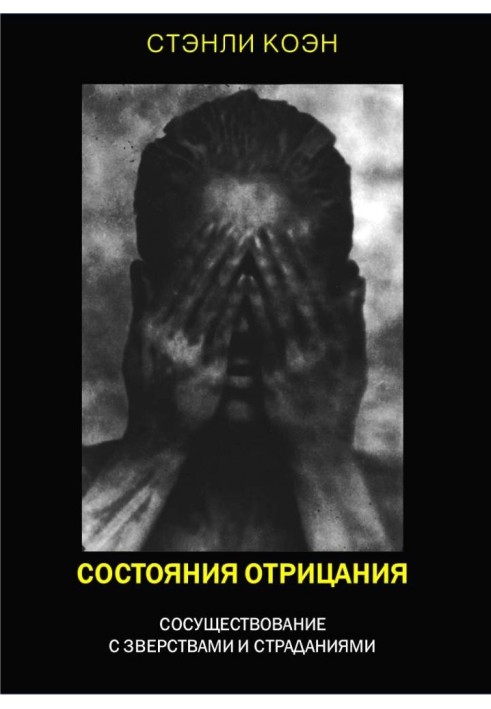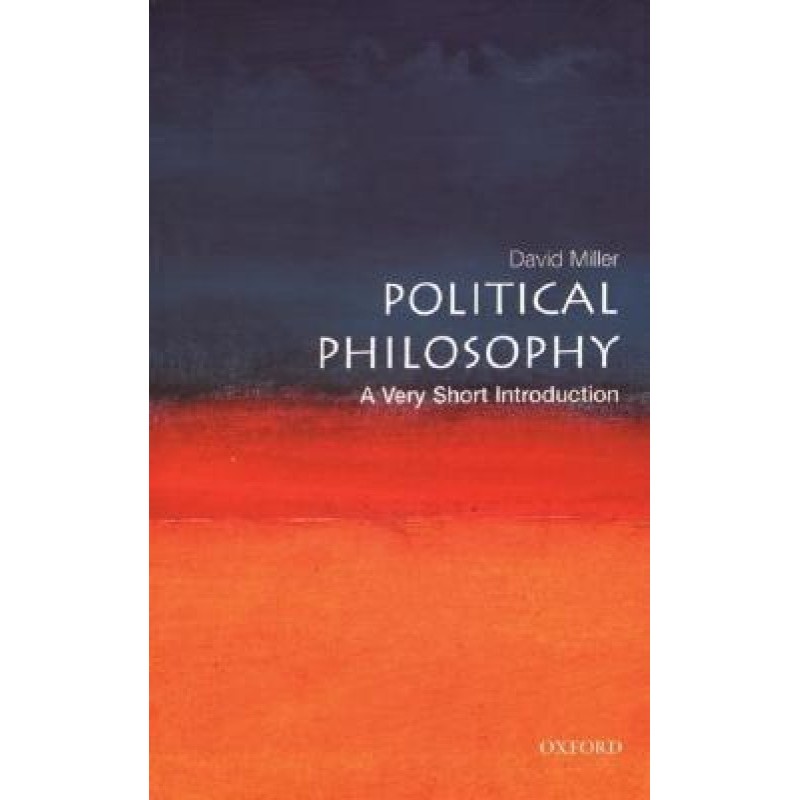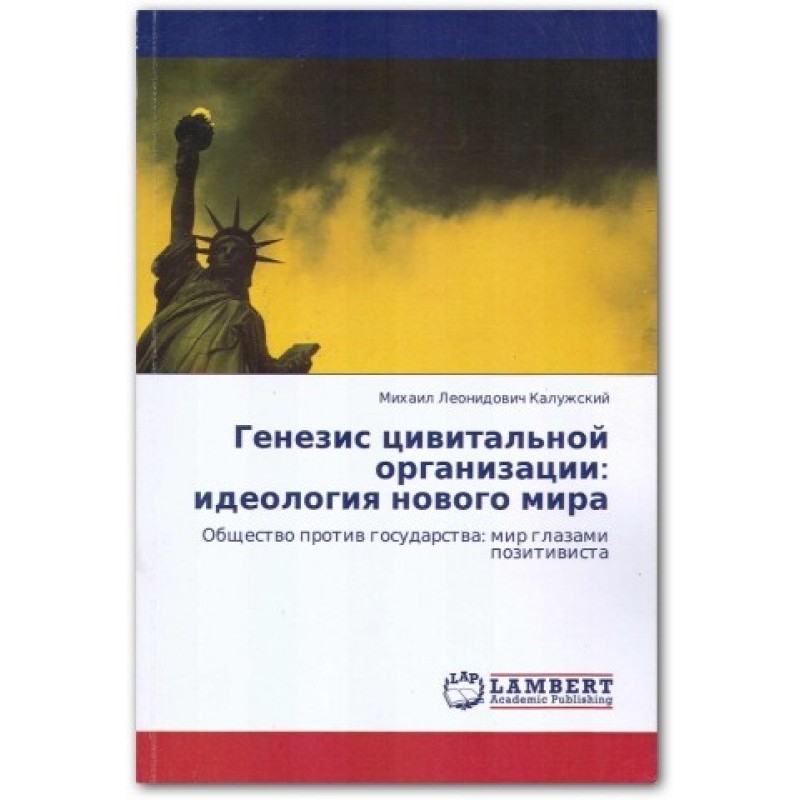States of Denial: Coexistence with Atrocities and Suffering
 Instant download
Instant download
after payment (24/7)
 Wide range of formats
Wide range of formats
(for all gadgets)
 Full book
Full book
(including for Apple and Android)
We put on a filter, close our eyes, switch off, don’t want to know, put on blinders, see only what we want to see - all these are forms of “denial”. Alcoholics who refuse to admit their addiction, people who brush off suspicions of a partner's infidelity, a wife who does not notice that her husband is abusing their daughter, they are all in a state of “denial.” Governments deny responsibility for atrocities and plan them to achieve “maximum deniability.” Truth commissions are trying to overcome oblivion and denial of the horrors of the past. Observer countries deny their responsibility for the intervention. Do these phenomena have anything in common? When we deny something, are we aware of what we are doing, or is it an unconscious defense mechanism protecting us from unwanted truths? Can cultures of denial exist? How do organizations like Amnesty International and Oxfam try to overcome society's apparent indifference to suffering and cruelty in distant lands? Is denial always such a bad thing, or do we need positive illusions to maintain our sanity? States of Denial is the first comprehensive exploration of personal and political ways to avoid or evade uncomfortable realities. It draws on a wide range of materials from clinical studies of depression to media portrayals of suffering, explanations of the “passive bystander” and “compassion fatigue.” The book shows how organized atrocities - the Holocaust and other acts of genocide, torture and political assassinations - are denied by the perpetrators and bystanders, those who stand by and do nothing.
The publishing layout is saved in PDF A5 format.
Data sheet
- Name of the Author
- Стэнли Коэн
- Language
- Ukrainian
- Release date
- 2001
- Translator
- Владимир Алексеевич Карпенко
Reviews
Глибоке і провокаційне дослідження
Книга "Стан заперечення" є надзвичайно важливим і актуальним дослідженням теми заперечення в усіх його проявах. Автор майстерно аналізує, як заперечення впливає на наше сприйняття реальності, особисті стосунки та навіть політичні рішення. Читач отримує можливість заглянути в глибини людської психології, зрозуміти, чому ми часто уникаємо неприємних істин і як це може призводити до катастрофічних наслідків. Книга містить безліч прикладів, які показують, як заперечення проявляється в різних сферах життя, від особистих трагедій до глобальних злочинів проти людства. Вона спонукає до роздумів про відповідальність, мораль і наше місце в світі. Це не просто теоретичне дослідження, а заклик до дії, щоб ми не залишалися байдужими до страждань інших. Рекомендую цю книгу всім, хто хоче заглибитися в складні питання людської природи та соціальної справедливості.















